Know Your River Regulations
ri-par-i-an: relating to or living or located on the bank of a natural watercourse (such as a river)
The Au Sable River has been designated a Natural Scenic River and a Michigan Natural River because of its unique and beautiful wild, clear, cold water characteristics. Those of us who are privileged to own property along its banks or to use the Au Sable River and its watershed for recreation are responsible for preserving this natural wonder for future generations.
Natural Rivers Zoning Regulations
• Minimum set back from river’s edge to house or other outbuildings must be 200’ on the Mainstream, North Branch, and South Branch and 100’ on all other tributaries. (Buildings that were constructed before July 1987 are exempt.)
• Natural vegetation in a 75’ strip along the shoreline must be left undisturbed, except for the selective removal of dead trees and shrubs and selective pruning for a filtered view of the river.
• Stream alteration, such as damming, dredging, filling or channelization is prohibited unless approved by the DNR.
• Permits are required for new or replacement docks. Dimensions are limited to 4’ by 12’ with no more than 4’ projecting into the river.
• Sod covered log docks are recommended.
• No filling of wetlands is permitted.
You are encouraged to:
• Minimize the negative impacts of lawns by:
1. Not using fertilizers, herbicides or pesticides.
2. Not mowing a greenbelt strip of at least 25’ along the riverbank.
3. Planting native trees, shrubs, and flowers along the river and elsewhere on your riparian property.
• Regularly inspect septic systems to assure that no effluent is entering the river.
• Avoid the use of electric bug-zappers. These kill only a few mosquitoes and black flies while killing many mayflies and caddis flies that are harmless and a natural food for fish and birds.
• Consider future development on your property in terms of whether it is really necessary and if so, how it can be done to minimize negative impacts on the watershed.
Burning Regulations
• Natural composting is encouraged. Townships have disposal areas available for yard debris.
• This is forest fire country so burning on private property must be controlled to protect neighboring properties from wildfire.
• Any open burning requires a burning permit, except when there is snow on the ground.
• Phone numbers to call for burning permits are:
Crawford County (989) 348-6371, Roscommon County (989) 275-8512, Oscoda County (989) 826-6507
• Burning household trash and yard debris is discouraged, but allowed if it is done in an approved incineration container.
• These containers must be masonry or metal with a metal covering device with openings no larger than ¾”. An area of 10’ in diameter must be cleared around the incinerator and a water hose and/or water buckets should be available.
• Do not burn demolition or milled lumber pieces or any other materials that emit noxious odors.
• Make certain that your fire is dead out before you leave it.
